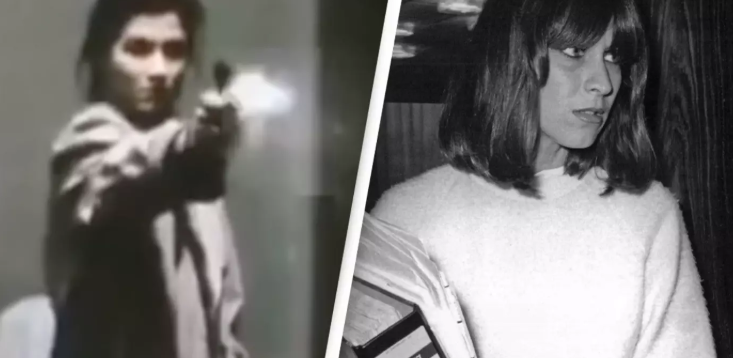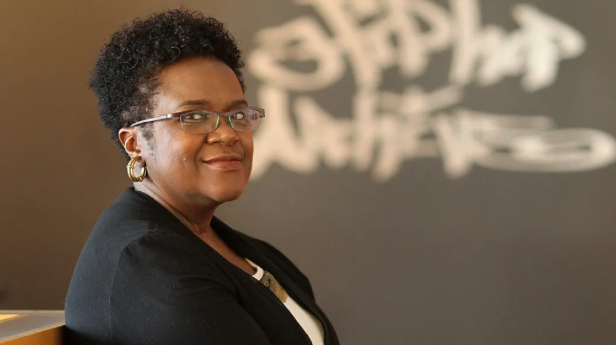The Tragic Story of Marianne Bachmeier: A Mother’s Quest for Justice
On a quiet morning in Lübeck, Germany, on March 6, 1981, Marianne Bachmeier entered a courtroom with a calm but determined demeanor. What transpired next would shock the nation and resonate worldwide for decades. Armed with a loaded pistol concealed in her handbag, Marianne took aim at Klaus Grabowski, the man accused of kidnapping, abusing, and murdering her seven-year-old daughter, Anna. In a matter of seconds, she fired seven shots at him, ending his life on the courtroom floor.
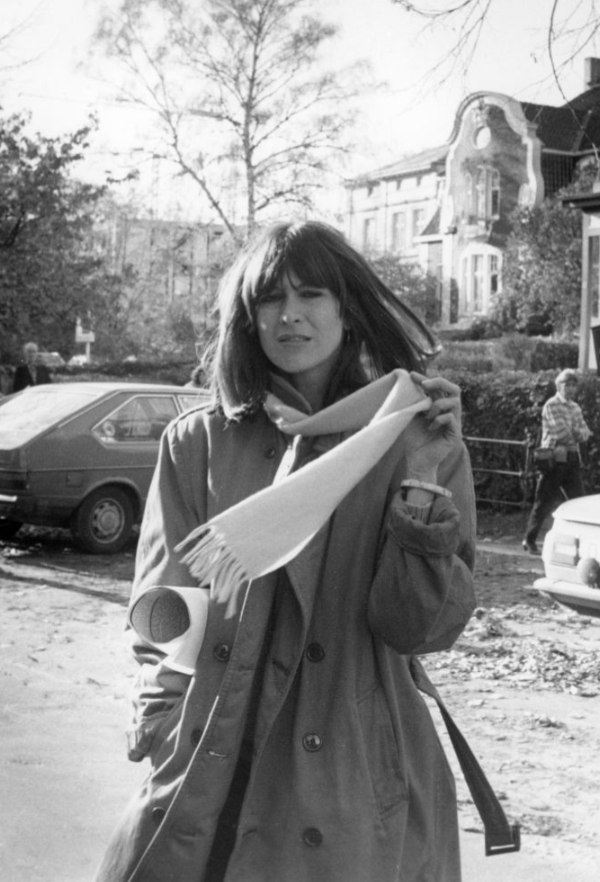
Marianne’s arrest was immediate, but she showed no signs of remorse. In that moment, she had done what many parents might secretly fantasize about in their darkest moments: she administered her own version of justice. This raw and visceral act ignited a global debate about morality, justice, and vigilantism. Even four decades later, Marianne Bachmeier’s name is synonymous with themes of vengeance and grief.
Marianne’s tumultuous journey began in hardship. Growing up, she faced an early life marked by trauma and emotional scars. Her father had served in the Waffen-SS during Nazi Germany, casting a long shadow over the family. As a young girl, she endured abuse and eventually became pregnant at 16, placing her baby for adoption. Two years later, she found herself pregnant again and made the same heartbreaking choice. However, in 1973, when she gave birth to Anna, everything changed. This time, Marianne kept her daughter and raised her as a single mother.
Anna was described as a sweet, curious girl, brimming with energy. Living with Marianne in Lübeck, they formed a close-knit bond. Their lives took a horrific turn on May 5, 1980, when Anna vanished after a minor argument at home. She intended to skip school and visit a friend but never arrived. During her journey, she was lured and abducted by Klaus Grabowski, a 35-year-old convicted sex offender who had previously molested two young girls. Despite undergoing chemical castration while serving time for earlier crimes, Grabowski later attempted to return to a “normal” life through hormone therapy. At the time of Anna’s murder, he was living with his fiancée in the community, largely unnoticed despite his violent past.
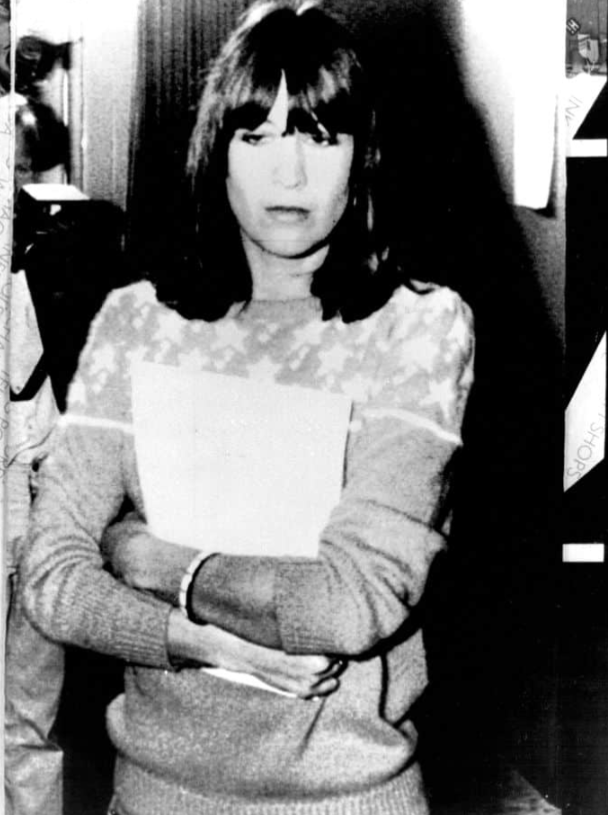
He held Anna captive for several hours, during which he sexually abused and ultimately strangled her to death. Afterward, he placed her small body in a cardboard box and discarded it by a canal. Grabowski attempted to relocate and bury her remains after his fiancée tipped off the police, leading to his arrest that same night at a local bar.
Marianne felt little comfort from his capture. During the trial, Grabowski made disturbing claims, suggesting that Anna had tried to seduce him and blackmail him—outrageous accusations that deepened Marianne’s suffering. Already grappling with the pain of losing her daughter, she was forced to listen to horrific statements about Anna’s character.

On the third day of the trial, Marianne entered the courtroom with a pistol hidden in her handbag. As proceedings began, she stood and pulled out the gun, firing seven shots at Grabowski, who died instantly. Her words were chilling: “He killed my daughter… I wanted to shoot him in the face, but I shot him in the back … I hope he’s dead.” Witnesses described her calling him a “pig” immediately after the shooting.
The police arrested her without delay. Initially charged with murder, Marianne faced trial the following year. She claimed she acted in a trance-like state, driven by visions of Anna. However, investigators found evidence of premeditation, noting her familiarity with the firearm and the precision of her actions. During a psychological evaluation, she wrote, “I did it for you, Anna,” accompanied by seven hearts, one for each year of her daughter’s life.
The trial garnered sensational media attention. Many Germans viewed her as a tragic hero, a mother pushed beyond her limits. Yet, public opinion was deeply divided: some advocated for justice to be left to the courts, while others empathized with her plight. The press dug into Marianne’s past, casting a shadow over her actions by highlighting her troubled youth and choices, leading to a split in public sentiment.
In the end, Marianne was convicted of premeditated manslaughter and illegal possession of a firearm, receiving a six-year sentence, though she was released after just three. A national survey revealed the public’s conflicted views: about a third believed the punishment was fair, another third felt it was too severe, and the remaining felt it was too lenient. After her release, Marianne sought a quieter life away from the media’s scrutiny. She moved to Nigeria, married a German teacher, and later relocated to Sicily after their divorce. In the 1990s, she returned to Lübeck following a pancreatic cancer diagnosis.
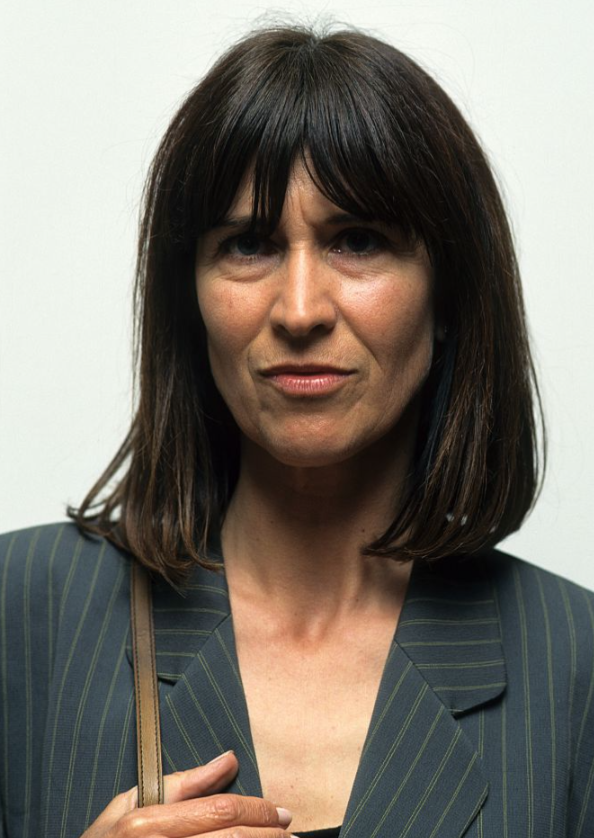
Despite her attempts to escape her past, Marianne’s story never faded from public consciousness. Years later, when interviewed, she remained haunted by the tragedy. In a 1994 radio interview, she distinguished her actions from Grabowski’s, expressing the horror of her daughter’s death and asserting that he forfeited his right to live. In another televised interview, she openly acknowledged that the shooting was deliberate, a necessary action to stop Grabowski from continuing to lie about Anna.
Marianne Bachmeier passed away on September 17, 1996, in Lübeck. She was buried beside her daughter in a cemetery, their graves side by side—a poignant reminder of a tragedy that reshaped the nation’s understanding of justice. Even today, her narrative provokes deep contemplation. Was Marianne a mother driven to madness by grief, or a reflection of a flawed justice system that failed to protect the innocent? Her story continues to divide opinion, with some viewing her as a martyr and others as a vigilante.
One thing is undeniable: the pain she endured and the extremes to which a grieving parent might go in search of justice remain powerful themes that resonate through her story. Whether one agrees with her actions or not, Marianne’s tale continues to invoke reflection on justice, trauma, and the delicate line between right and wrong.
